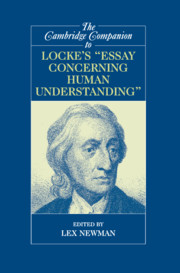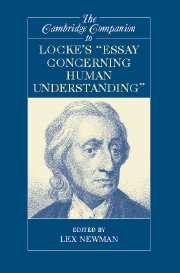John Locke's Politics of Moral Consensus
The aim of this highly original book is twofold: to explain the reconciliation of religion and politics in the work of John Locke, and to explore the relevance of that reconciliation for politics in our own time.
Confronted with deep social divisions over ultimate beliefs Locke sought to unite society in a single liberal community. Reason could identify divine moral laws that would be acceptable to members of all cultural groups, thereby justifying the authority of government. Greg Forster demonstrates that Locke's theory is liberal and rational but also moral and religious, providing an alternative to the two extremes of religious fanaticism and moral relativism.
This fresh new account of Locke's thought will appeal to specialists and advanced students across philosophy, political science, and religious studies.
- Explains the reconciliation of religion and politics in the work of John Locke
- Written in a lively and punchy style
Reviews & endorsements
"Greg Forster has written a very good and timely book on the political theory of John Locke. It is very good because it is well researched, clearly written, and provocative in its discussion and analysis...I wholeheartedly recommend Forster's very fine work for its valuable contributions to Lockean scholarship and for its thoughtful and challenging contributions to contemporary political theory."
-Brett Wilmot, The Journal of Religion
Product details
February 2005Hardback
9780521842181
332 pages
229 × 152 × 22 mm
0.66kg
Available
Table of Contents
- 1. 'Reason teaches all mankind, who will but consult it': John Locke and moral consensus
- 2. 'Sit down in quiet ignorance': Locke's epistemology of limits
- 3. 'The candle of the Lord': Locke's rational faith
- 4. 'The only foundation of faith': reasonable Christianity
- 5. 'The only true touchstone of moral rectitude': the religious foundations of morality
- 6. ''Tis reasonable to think the cause is natural': Locke's religious eudemonism
- 7. 'The servants of one sovereign master': authority and moral consensus
- 8. 'The opinion of this or that philosopher was of no authority': Locke and us.







